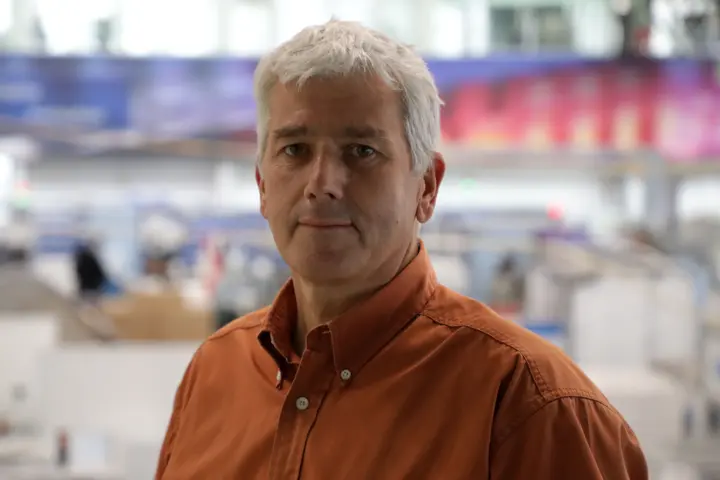Mikron Switzerland AG has designed a complex assembly line for autoinjectors that involves two different assembly cells – and no less than 18 NCFT electromechanical joining modules from Kistler. Together with integrated maXYmos process monitoring systems, the modules support automated assembly in two variants, including force-displacement control as well as real-time data transmission and process transparency.
Located in Boudry, a small town on the shore of Lake Neuchâtel in Switzerland’s French-speaking region, Mikron Switzerland AG, Boudry is the headquarters of the Mikron Automation division. Now renowned worldwide as a specialist in the design of assembly solutions integrating complex manufacturing processes, Mikron can look back on a lengthy tradition in the micromechanics industry. With over 700 employees at sites in Denver (USA), Kaunas (Lithuania), Singapore and Shanghai, Mikron has already supplied more than 3,800 assembly solutions to its customers. Every day, Mikron assembly solutions are used to assemble around 150 million products – ranging from pen and auto-injectors, inhalers, safety syringes and point of care testing to airbag parts, relays and connectors: the list could go on.
Jean François Bauer is Head of Marketing & Business Development at Mikron Automation. As he explains, recent years have seen the automation sector developing at a very dynamic pace: 'Our assembly solutions focus on small products – you can hold them in your hand, and very often involve complex processes and also more and more data management.' As an industry expert, Mikron supplies high-performance, scalable and customized assembly solutions to the pharma/medtech, automotive, electrical/industrial and consumer goods sectors.
'Pharma and medtech have gained enormous momentum in the last ten to fifteen years. That’s where we generate the lion’s share of our sales. As well as high-volume solutions with throughput rates of several hundred parts per minute, we also supply scalable systems for very low or medium production output. This is because clinical studies and assembly tests have to be carried out in various stages before a medical device is launched on the market and mass production can really get going.' To ensure maximum flexibility and efficiency, Mikron Automation opts for a modular platform approach, following the example of the automotive industry: standardized base machines are designed and specified to suit each customer’s requirements and every application.








![In complete control [object Object]](https://kistler.cdn.celum.cloud/SAPCommerce_Document_Preview/961-545e.webp)